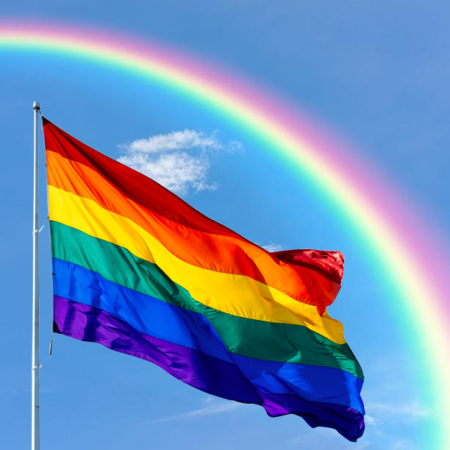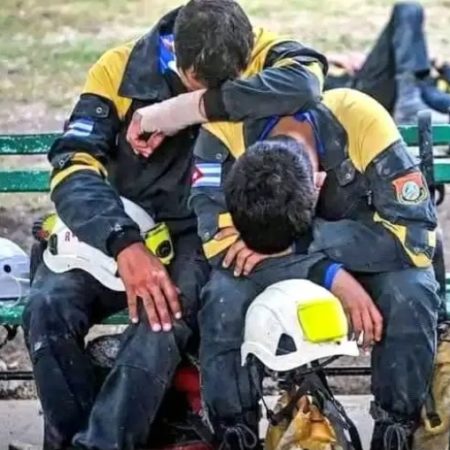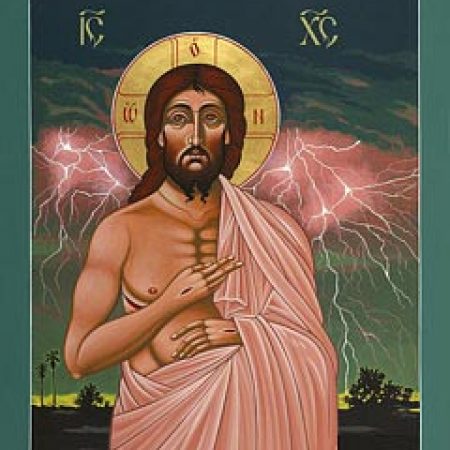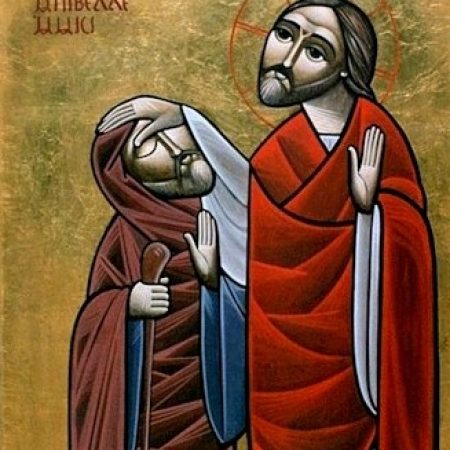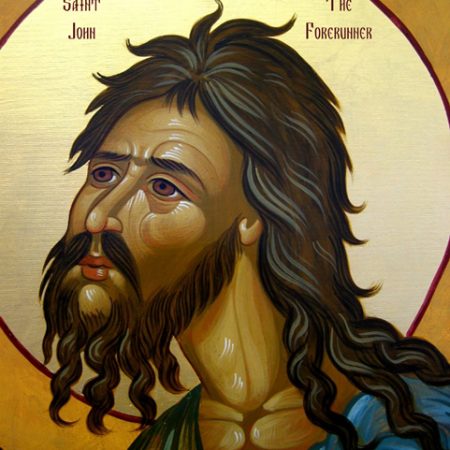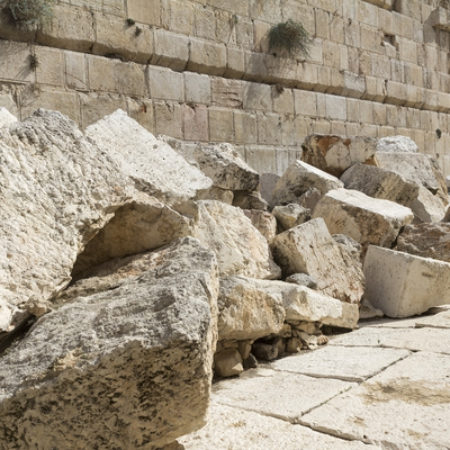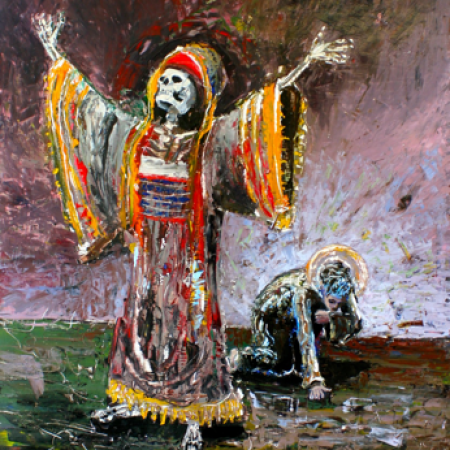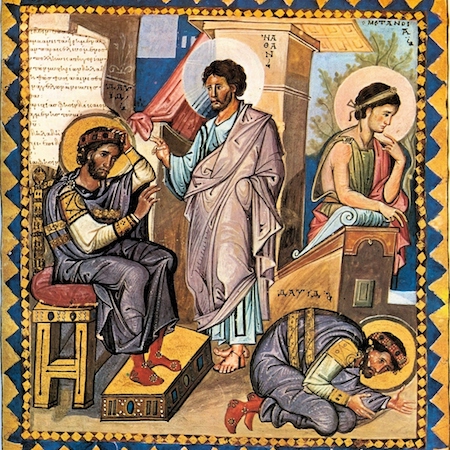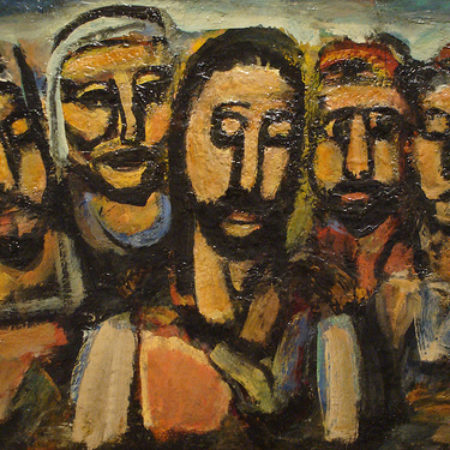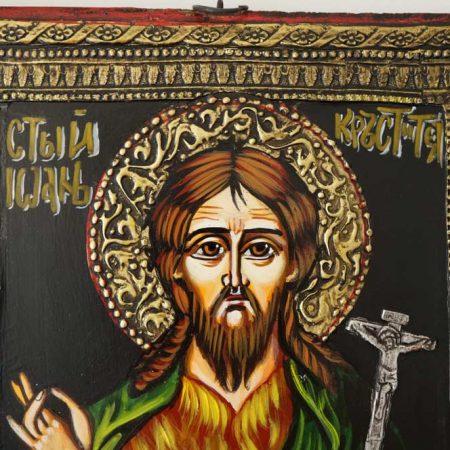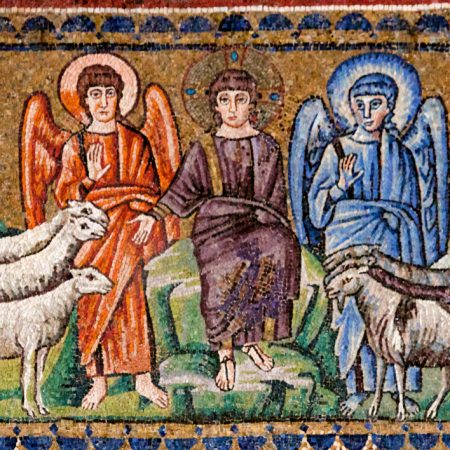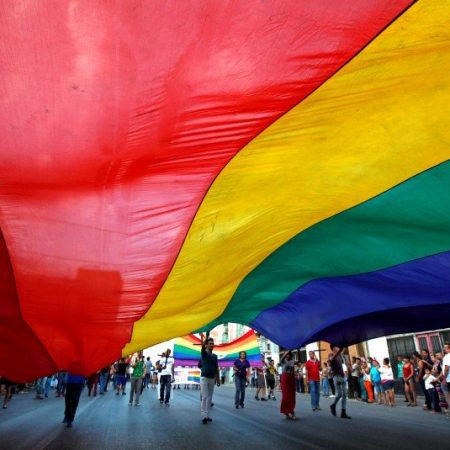Both contemporary and ancient understandings of the rainbow sign point to God’s expansive love overcoming our fears and hostilities.
Sermons on judgement
Jesus calls us to a new world in which the lives of nations revolve around bringing the previously marginalised to the centre of our national way of being. Nations that fail to do that collapse into self-destruction.
God’s offer of unlimited forgiveness creates a new world in which we are free to stop judging one another and turning on one another and spiralling into violence and hatred.
Adversity, violence, and suffering can come as a consequence of not just sin, but of radical love, but with love it can strengthen and sharpen us for fullness of life.
When we read scripture through the eyes of Jesus, we find a way free of the violent abusive images of God in some of the ancient texts.
Those who have too strong a belief in their own goodness to engage in the real, flesh and blood work of building community in the here and now, can end up struggling to accept God’s grace.
The abusive use of anger to manipulate other people’s behaviour is, Jesus says, on the same spectrum as physical violence, and Jesus calls this preacher to repent of it.
Our generation is very good at identifying evils and calling them out, but if our hearts are not occupied by God’s love and mercy, the results can be disastrous.
Jesus calls us to follow his lead in bringing healing, hope and positive leadership to others, and not to be too worried about anxious and vexatious criticism.
When God is moving to do something new among us, it almost always seems scandalous, immoral and offensive to many, and is just as likely to involve those who are regarded as morally suspect.
The coming kingdom culture confronts the world’s violence by redemptively suffering and absorbing it, not by reciprocating it with even greater violence.
Global chaos marked by war, terror and injustice is growing inevitably, and as followers of Jesus we stand in witness against it, knowing that God is with us to the end.
God delights to welcome everyone, and is not interested in who is better or worse, but we imagine God to be an elitist who mirrors our tendency to pick and choose and only accept the best.
When we crusade against the evil of others, we end up crusading against Jesus himself, for he asks us to become givers and lovers of life.
We are often blind to our own entanglement in evil, but when our eyes are opened, we are called into pathways of repentance and transformation that lead to life and healing.
Pretending to be better than we are alienates us from God and one another. Being open and real about our weaknesses and failures open us to God and one another.
In the face of tragedy, we naturally cry out “Why?” Jesus meets us in the suffering and helps us find the path of life.
For both God and us, time can drag when waiting for change, but patience is salvation when forgiveness is offered as a means of change rather than as a reward for change.
God has created a world that becomes healthy, free and full of life when its nations honour and care for the most vulnerable. Nations that fail to build cultures of compassion and care are doomed to destroy themselves.
Jesus’s quest for reconciliation is far wider and more discomfortingly radical than our tendency to jump on the bandwagon of popular justice causes.

